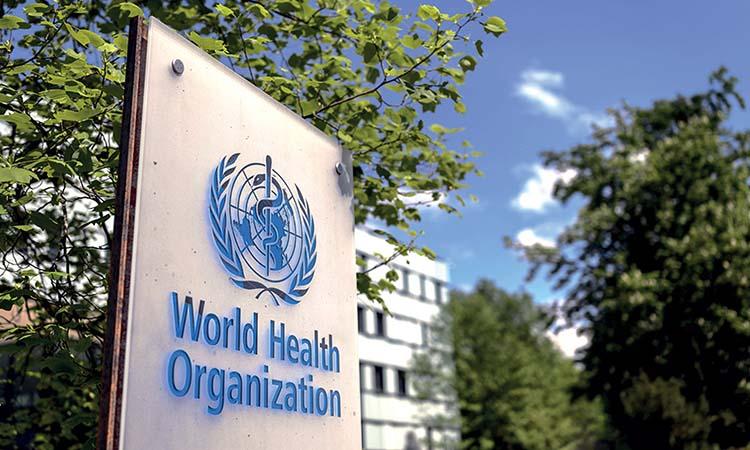Although most people recover from Covid-19 within five to seven days of the onset of symptoms, the World Health Organisation (WHO) still recommends a 14-day quarantine, an official from the organisation said at a press briefing.
However, states must make decisions about the duration of quarantine based on their individual situations, Xinhua news agency reported citing Abdi Mahamud from WHO's Covid Incident Management Support Team.
In countries with low infections, a longer quarantine time could help keep case numbers as low as possible, he explained. In places with runaway cases, however, shorter quarantines may be justified in order to keep the countries running, he added.
The WHO official told journalists that it was possible to be infected by both influenza and Covid. However, since the two are separate viruses that attack the body in different ways, there is "little risk" of them combining into a new virus.
Also Read | Western ads with narrow eyes seen as racist in China
According to the WHO, as of December 29, 2021, some 128 countries had reported cases of the Omicron variant. In South Africa, which had seen a sharp increase in cases followed by a relatively rapid drop-off, hospitalization and death rates have remained low.
However, the situation will not be the same in other countries, Mahamud said.
"While the latest studies all point to the fact that the Omicron variant affects the upper respiratory system rather than the lungs, which is good news, high-risk individuals and the unvaccinated could still get gravely ill from that variant," he added.
Mahamud said that the Omicron variant could overtake other strains in a matter of weeks, especially in areas with a large number of susceptible people -- primarily those who are unvaccinated.
Also Read | Taliban shut down women's baths in Afghan province
In Denmark, he said, it had taken two weeks for case numbers to double with the Alpha variant, whereas with the Omicron variant, it had taken just two days.
"The world has never seen such a transmissible virus," he said.
The WHO's Strategic Advisory Group of Experts (SAGE) on Immunisation is set to meet on January 19 to review the situation. Topics on the agenda for discussion include the timing of boosters, the mixing of vaccines and the composition of future vaccines.


















